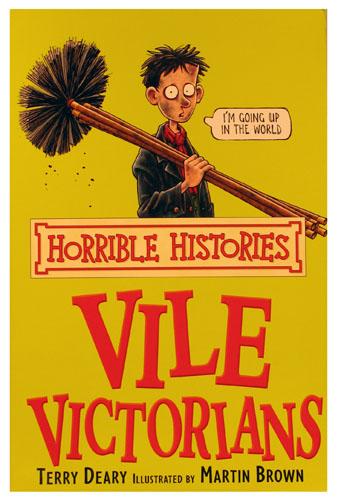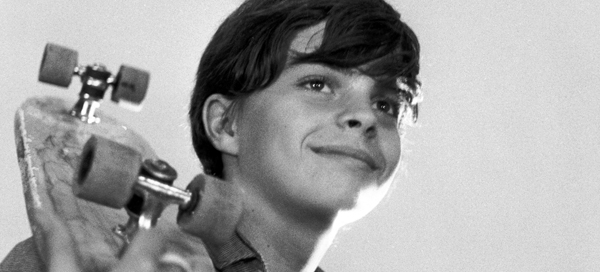Who needs anniversaries anyway? Why did we talk about the Charter's 30th anniversary the other week, but now it's disappeared from our computer monitors and television screens?
Those questions are my own defence for being far too busy over the past week or so to blog about anything, even something as interesting as the Charter of Rights and Freedoms. For what it's worth - and very late - here's my eighty two cents.
The Charter matters in modern Canadian history. It's that simple.
Just compare Canada and the United States in the early 1960s and then again today. In the early 60s, Canada was a fairly illiberal country in which a few intelligent thoughtful people were putting forward the idea that governments should protect rights, and many other Canadians (and Canadian governments) were ignoring the idea altogether. It was the United Statess with its Bill of Rights, with its civil rights movement, and with the Kennedys that was the symbol of the progressive, liberal society of the future (despite, or perhaps because of, all the blemishes).
 |
| Frank Scott |
The lawyer and poet Frank Scott might have won a few key rights cases in the Supreme Court at the end of the 50s (against Quebec's Padlock Law, and against Maurice Duplessis himself in the Roncarelli case - for more see
here and
here). But in order to win, he had to work around the arcane technicalities of the British North America act and its eccentric federal/provincial divisions. In other words, civil rights victories often came about because lawyers could make other kinds of arguments and make them work for civil rights. Scott believed in the rights that could be read into the history of English Common Law, but the case was often difficult to make.
Diefenbaker did give Canada a Bill of Rights, but it was a mere scrap of legislation - symbolically interesting, almost meaningless in practice. (This despite what Harper said the other week. Once again, Harper proves to be a very bad student of Canadian democratic history.)
As in the United States there were many Canadians - individuals and organizations - who fought for a more democratic society in these years, one that respected the rights of individuals and groups, and one that protected the rights of minorities and not (as had usually been the case in Canada) the rights of majorities to discriminate against minorities. (This is what really lies behind the conscience rights trumpeted by the Wildrose party in Alberta - a return to the freedom to discriminate. What's next? Are we going to go back to the time when there were restricted covenants on property sales? Shall we say gay people can't buy downtown Calgary condos because selling to gay people goes against the conscience of someone? Such was the thinking of an earlier Canada.)
But despite all the successes of various rights movements in these years, if it hadn't been for the Charter, many of the successes could have just as easily been dismantled over the past decades. This is what has often happened in the United States. Why didn't it happen in Canada? The Charter.
And, of course, it was all something of an accident. It might never have happened. If Joe Clark hadn't bungled his minority government budget in 1980, and if the Liberals hadn't agreed to let Trudeau have one more shot at the can, and if, and if, and if.... it goes on, then we wouldn't have the Charter.
But we do. And it matters. Before Harper took over, and with George junior in power down south, the situation had been reversed from the early 60s. It was Canada that was the beacon of a liberal, progressive society.
You can tell the Charter matters, if for no other reason, than because the Harper Conservatives don't want us to remember it.






